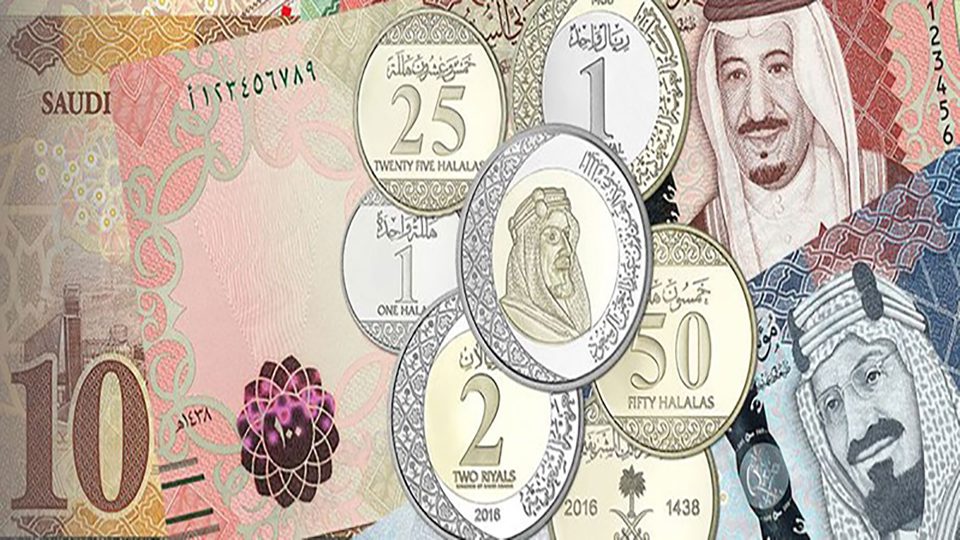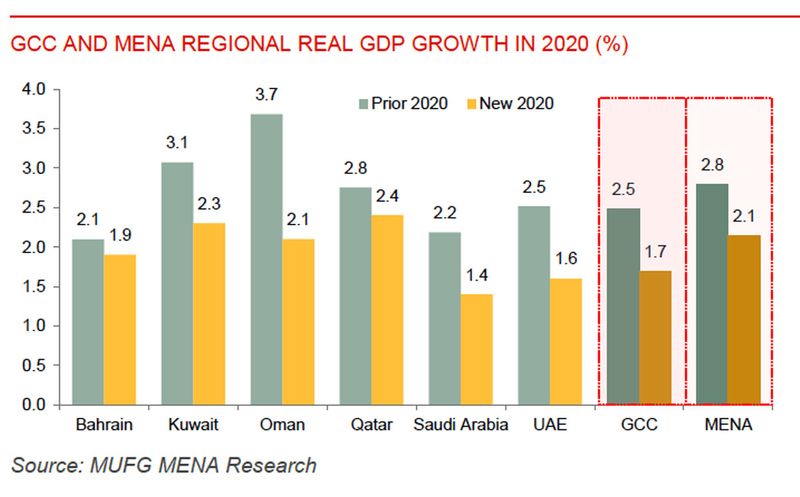
The Drastic Impact Of Coronavirus On The UAE Economy
Life shuts down since the arrival of Coronavirus in Gulf States and to countries all around the world. The outbreak has left the world in havoc where thousands of affected ones have lost their lives. Where any people are suffering from serious disease, some are still confused as to what precautions they must take. At this time, the real pressure is on the governments who have to not only restore the law and order of the country but has to manage the scarce resources and maintain proper healthcare facilities. They are striving to safe the lives; reduce the patient count along with maintaining the economics of their state.

How COVID-19 Impacts The UAE Healthcare
Since the first case reported in February, UAE started taking serious measures to prevent the spread of the COVID-19. At first, screening started on all airports terminals and the passengers were checked for symptoms. Later the UAE healthcare sector instructed the companies private and local both to check their employees and to carry out all the precautionary measures. Equipment was distributed in the hospitals and masks were supplied. It was not about how much UAE spends on Healthcare but the way the government took the necessary measures showed their devotion to put an end to the disease. Recently, the streets got disinfected using sprays and anti-biotic chemicals. Not only this to put a cap on the increasing patient’s counts, the government announced a total country-wide lockdown that has forced people to stay in their houses. They are only allowed to come out to shop for necessary items. Hospitals are getting equipped every day with the required resources and doctors are given instructions to treat patients while staying safe and well covered.
The Significant Impact Of Coronavirus On Gulf Economies
Where public health became the top priority of all the countries, there were some other serious issues that too sprawled up with the outbreak of COVID-19. Including Gulf States, every other country around the globe is suffering through the economic recession. Trading has come to a halt and businesses have a shutdown. Many people are homeless and jobless while the government has to use up the financial reserves to fulfill the needs of their citizen and that of the healthcare sector. As per the reports, the virus has dragged down the GCC growth in 2020 by 0.6%. Especially the oil-producing countries that include the North Africa and the Middle East are going to experience recession as the oil prices plunge. With the decrease in the global oil prices, the companies are facing a huge problem in exporting, according to the Institute of International Finance (IIF). Garbis Iradian, the chief economist at Mena stated, “Quarantines, disruption in supply chains, the crash in oil prices in light of the breakdown of OPEC+, travel restrictions, and business closings point to a recession in the Mena region, the first in three decades. Governments are trying to mitigate the economic damage with stimulus packages, but many are starting from a weak position,” It clearly shows how much of a drastic change the virus has brought to the economy and now one can analyze the time needed to overcome the gap once the outbreak ends.
Recession Experienced By Hydrocarbon Exporters
As shows evidently from the graph below, the hydrocarbon exporters are going to receive a direct hit to crash this year. With the downgrading in non-oil growth to 3% in Saudi Arabia, the recession in Algeria has heightened. Moreover, Saudi Arabia is going to receive a comparatively higher production of oil. However, the activities in the service sector are going to receive a huge blow due to orders of social distancing. Due to which the exporters are going to observe a fiscal deficient and a collapse in the oil revenue, which will eventually be balanced through public debts.
The Recession in Oil Imports
Not only will the Oil exports but imports are going to receive a downward graph as well. According to the IIF report, the decline in oil imports is expected to go down by 2.4% showing a lowest graph since the year 1990. Jonah Rosenthal, the associate economist stated that, “The potential benefits of lower oil prices are unlikely to overcome the drag from dramatic limits on movement of people and goods within national borders to prevent unchecked spread of the virus, along with deep ties to oil exporters in the region as well as to economies elsewhere that are already seeing rapid contraction.”
The Slowdown Of Chinese Trade and its Impact On UAE Economics
Over the years, China had emerged as the largest economic partner of Ten Gulf Cooperation Council. Since the time Wuhan the biggest trading center of China got affected by the virus, the Chinese trade slowed down. This created a huge blow to the UAE economics. This has made it the structural weakness of the UAE economics obvious as the states appeared to be over-dependent on the energy exports with China. Not only this, the report presented by CSIS (Center for Strategic and International Studies), “Surveys of China’s manufacturing and services sector plunged to record lows in February; automobile sales sank a record 80 per cent; and China’s exports fell 17.2 per cent in January and February,” Therefore, to eliminate the trading gap and to get rid of COVID-19, the UAE government took many measures. It sent supplies and resources to China and even encouraged the doctors for keeping the pace up and putting an end to it. Over 300 tons of medical supplies were donated to the country and aids were delivered to fill the economic gap as soon as it is possible.
Recession In Other Industries Of The UAE
As countries globally began to lockdown, industries apart from healthcare and economics too began to experience deep recession. Industries like tourism is among the top industry that has received a deeply inflected recession. Apart from this, foreign direct investment and remittances too has shown a downfall. The below given graph shows the drastic fall of the statistics. The graph shows that in the Mena region the non-resident capital will decrease to $101 billion in 2020 from $182 billion in 2019. In addition, the resident outflow will also decrease to $136 billion in 2020, which reflects a large deficit.






